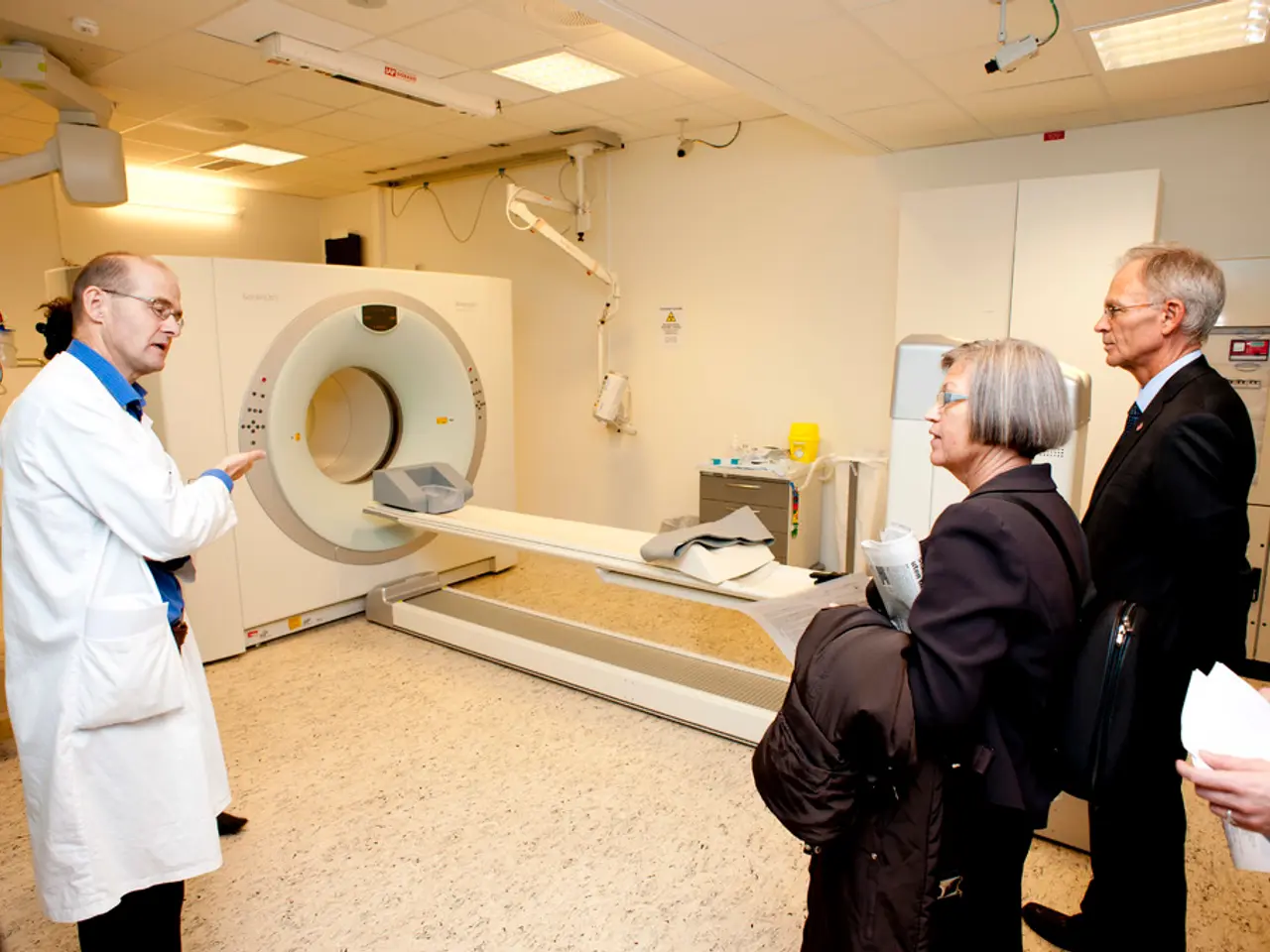Vietnam's EMR Rollout Faces Challenges, Progresses Despite Delays
The nationwide rollout of electronic medical records (EMRs) in Vietnam's hospitals has faced numerous challenges, leading to delays and setbacks. Despite the obstacles, progress is being made, with more facilities set to adopt EMRs in the coming years.
Budget constraints have been a significant hurdle, with no dedicated budget line for IT or EMRs. Hospitals rely on development investment funds, which divert resources from other essential activities. Additionally, a shortage of dedicated IT personnel and unfamiliarity with digital platforms among healthcare staff and patients pose further challenges.
Health Minister Đào Hồng Lan acknowledged the delay, attributing it to administrative restructuring, slow procurement processes, and hospitals transferred from the Ministry of Labour, Invalids and Social Affairs. Deputy Health Minister Đỗ Xuân Tuyên noted inconsistencies in medical record templates, difficulties in applying IT procurement regulations, and the lack of an official pricing mechanism for IT costs in medical services.
Initial costs for EMR implementation have surged, now reaching approximately VNĐ10 billion ($378,600) per hospital, placing a heavy burden on self-financed hospitals. Many hospitals grapple with outdated IT infrastructure, obsolete diagnostic equipment, underperforming software, weak cybersecurity, and disparities in digital readiness between higher-level hospitals and local clinics.
However, progress is being made. From October 1 until mid-2026, over 130 additional medical facilities are expected to adopt EMRs. The 14 medical facilities in Lang Son Province successfully implemented electronic patient records earlier this year, contributing to advanced hospital management and improved patient services. Several provinces and cities, such as Nghệ An and Ho Chi Minh City, have emerged as frontrunners in EMR adoption.
As of last Friday, around 760 out of 1,650 hospitals had implemented EMRs at varying levels, with the original deadline being September 30. Despite the delays and challenges, Vietnam's healthcare sector remains committed to digital transformation, with accelerated efforts underway to expand EMR adoption across the country.







